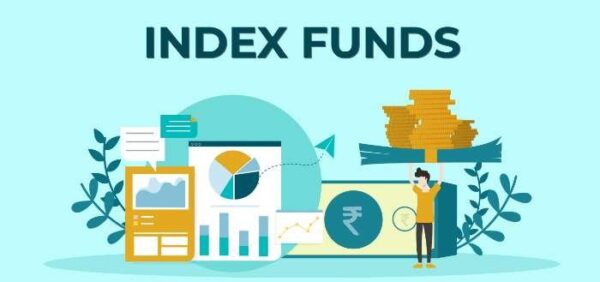Every business, whether a small home-based business to a large manufacturing plant, have varying water requirements. But almost all of them could benefit from cutting down on water consumption. It is estimated that adopting a systematic approach could cut your water use by up to 30%.

In addition to helping reduce costs, decreasing water consumption can help your business comply with present and future environmental legislation, reduce its carbon footprint, improve your company’s environmental performance and generate positive PR. Here are some of the useful ways to reduce water consumption at work:
-
Education: Educate your employees on the importance and practices of water efficiency. Try and set water usage targets and encourage widespread involvement to achieve this.
-
Site maintenance:
-
Check the meters at night to monitor leakage
2.Know where your supply pipes run and where the shut off valves are
3.Ensure that your pipes are protected against cold weather as leakage can increase after a burst due to frost
4.Install water efficient devices in bathrooms such as waterless urinals or automatic taps
5.Your water supplier may provide water audits to check how efficient your business’s water usage is. Some may even offer a personalised water management package to get the best water efficiency plan for your business.
-
Bathrooms: Install water efficient devices in bathrooms and canteens such as controlled or waterless urinals and automatic or spray taps.
-
Kitchens/Canteens: Use water efficient settings on all kitchen appliances. Installing automatic taps or spray taps can help make a huge difference to consumption levels.
-
Taps: Install water-efficient taps with an aerator or flow restrictor to use less water. Install lever or mixer taps. These save water by quickly reaching a desired temperature. Fix leaking taps and replace washers. Even a slowly dripping tap can waste 10,000 litres of water over a year. Avoid washing up under running taps.
-
Water recycling: Determine where your wasted water is going and how you can recycle it in other areas of your business. Wherever possible, use a water butt to harvest rainwater for use in your business.
-
Gardens: Install rainwater tanks. Make use of drought-tolerant plants. Use mulch to keep moisture in the soil. Water plants early in the morning or in the evening.
-
Plants and flowers: Most of the plants and flowers require regular watering in order to grow and stay healthy. Replacing some of your plants and flowers with artificial ones will save a lot of water. Consider buying artificial flowers for meeting rooms and corridors as these areas will be used less frequently. Modern artificial flowers are realistic and brighten up your workplace.
-
Dishwashers: Install water-efficient dishwashers to use 50% less water than average models. Wait until you have a full load before washing. Scrape, rather than rinse, dishes prior to washing.
-
Air conditioning: If you use evaporative air conditioners, set your thermostat to 24°C. Wherever possible, use fans and natural ventilation. Switch off heating and cooling after hours.
For more tips, you can call on Severn Trent Contact Number and get in touch with its dedicated team.


